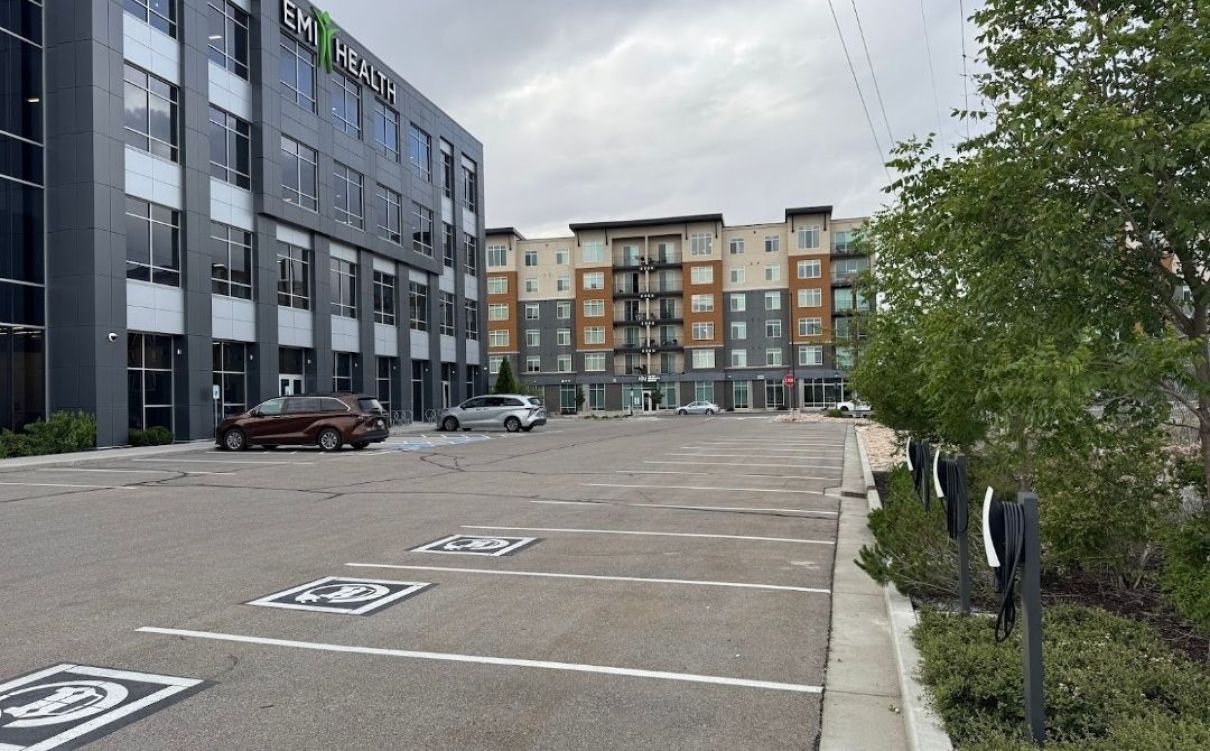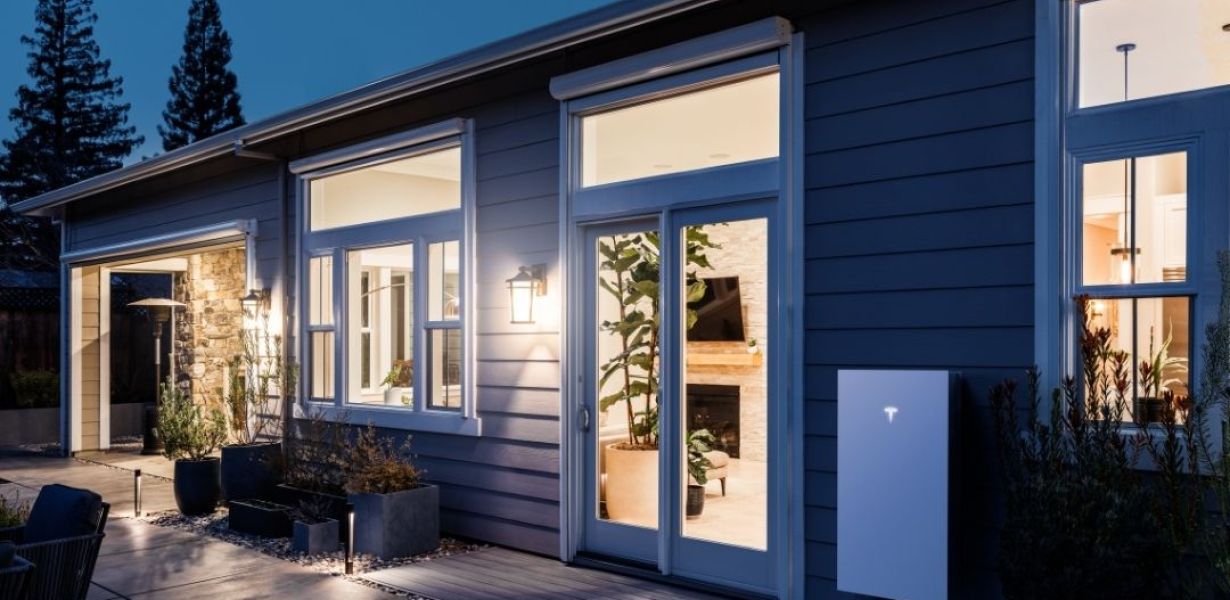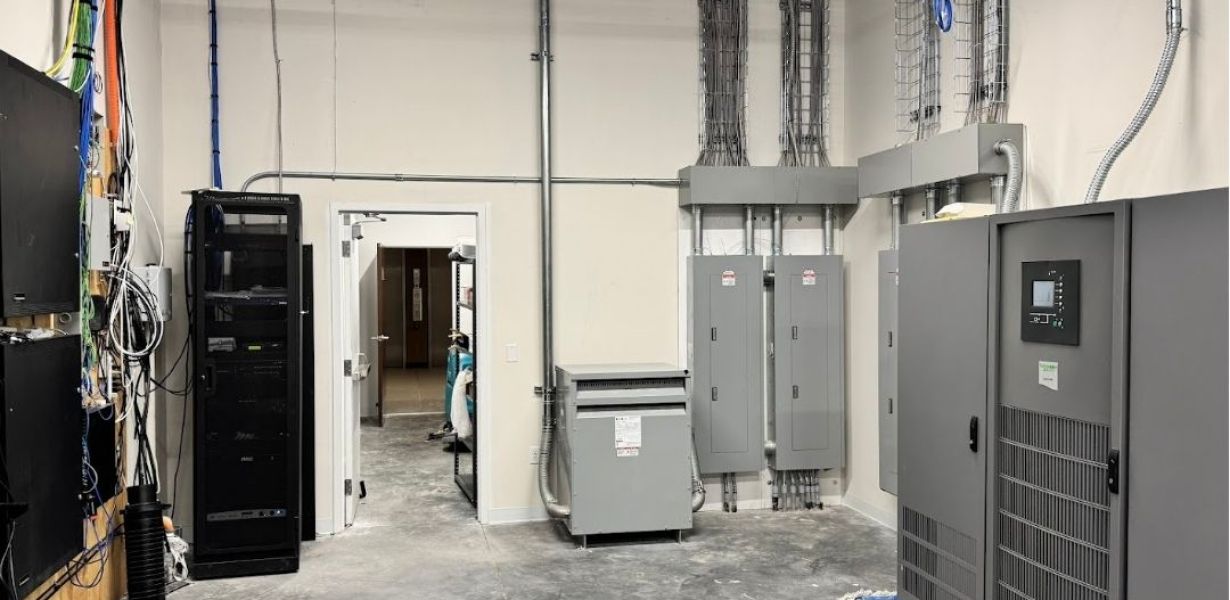EV Charging as a Revenue Stream: How Property Owners Can Monetize Charging Stations

As electric vehicle (EV) adoption accelerates across the U.S., property owners have a unique opportunity to turn EV charging into more than just a green amenity—it can become a long-term revenue stream and property value booster.
Why Now?
With over 3 million EVs on the road and growing state and federal mandates requiring EV infrastructure, demand for convenient charging locations is surging. Commercial and multifamily properties that act early can claim the dual benefits of increased tenant/guest satisfaction and additional income—especially with government incentives still in play.
1. Revenue Models for EV Charging
There are several ways to monetize EV chargers depending on your property type, user base, and infrastructure:
- Pay-Per-Use (Public Access): Drivers pay per kWh, minute, or session. You keep the profits after processing/network fees.
- Subscription/Membership Models: Offer packages to tenants or employees—monthly unlimited charging or bundled parking + charging access.
- Tiered Pricing: Offer free or discounted charging during off-peak hours, while charging higher rates during peak demand times.
- Advertising & Brand Placement: Digital screens or app-based stations can serve ads while charging, creating another stream.
2. Smart Charger Management & Payment Platforms
Modern Level 2 and DC fast chargers often include networking software that:
- Tracks usage and energy output
- Collects payments via app, RFID, or credit card
- Offers dynamic pricing based on time-of-use
- Provides real-time diagnostics and remote management
Halo Hybrid partners with platforms that integrate seamlessly into your property management system—making it easy to scale across multiple sites.
3. Tax Credits & Incentives That Boost ROI
Your EV investment may be eligible for generous federal, state, and local incentives, including:
- 30% Federal Tax Credit (up to $100,000 for commercial EVSE per location through 2025)
- Local Utility Rebates for equipment and installation (varies by region)
- MACRS Depreciation allows commercial owners to deduct a portion of EV charger costs over five years
- Additional Grants for disadvantaged or rural areas under NEVI and DOE programs
These incentives significantly reduce upfront costs—and when paired with solar or battery storage, you may unlock even more savings.
4. EV Charging Increases Property Value & NOI
Adding EV charging to your property isn't just a service—it's a value-add investment. Benefits include:
- Higher rents or lease rates for EV-ready units
- Greater appeal to green-conscious tenants, buyers, and businesses
- LEED points and ESG alignment for sustainability reporting
- Future-proofing your development against pending EV mandates
According to a recent real estate report, properties with EV infrastructure can demand up to 5% more in rental income and see faster lease-up times.
5. Halo Hybrid Can Help You Launch
Whether you're starting with one charger or designing for a full fleet, Halo Hybrid offers end-to-end support:
- Site evaluation and load analysis
- Charger selection and layout
- Installation and permitting
- Software setup and payment integration
- Ongoing monitoring and maintenance
We work with multifamily properties, office campuses, retail centers, HOAs, and municipalities across the Mountain West to deploy intelligent, scalable EV infrastructure.
Ready to Turn EV Charging Into a Profit Center?
Let’s talk. Schedule a free site review with Halo Hybrid and see how EV infrastructure can work for your bottom line.

